The painful search for China’s missing children slowly gains momentum
Thousands of children are stolen every year and sold for adoption
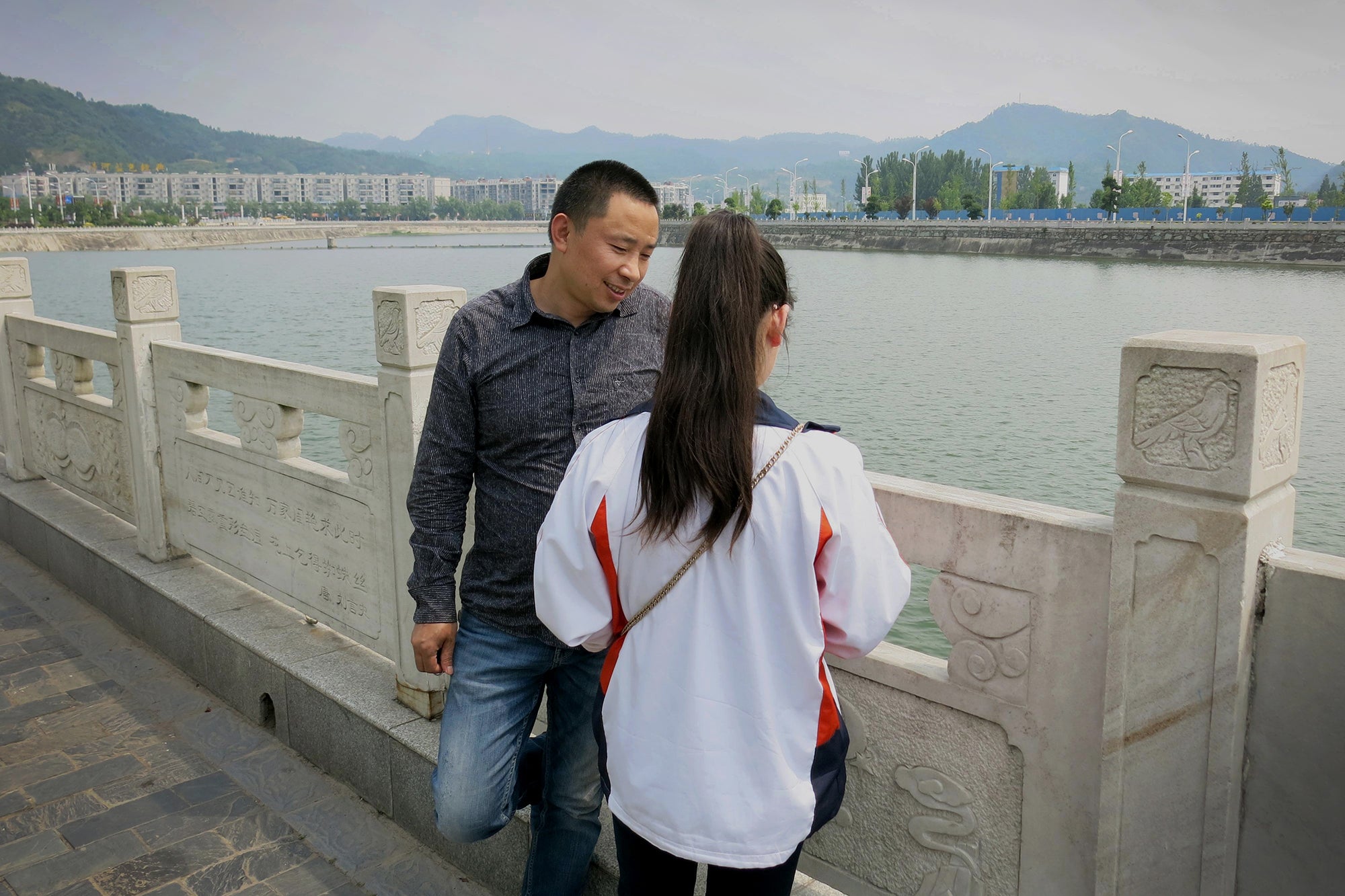
Your support helps us to tell the story
From reproductive rights to climate change to Big Tech, The Independent is on the ground when the story is developing. Whether it's investigating the financials of Elon Musk's pro-Trump PAC or producing our latest documentary, 'The A Word', which shines a light on the American women fighting for reproductive rights, we know how important it is to parse out the facts from the messaging.
At such a critical moment in US history, we need reporters on the ground. Your donation allows us to keep sending journalists to speak to both sides of the story.
The Independent is trusted by Americans across the entire political spectrum. And unlike many other quality news outlets, we choose not to lock Americans out of our reporting and analysis with paywalls. We believe quality journalism should be available to everyone, paid for by those who can afford it.
Your support makes all the difference.It was around noon one October day 12 years ago, and 5-year-old Cheng Ying was waiting for her mother to collect her from primary school and take her home for lunch.
But her mum was a few minutes late, so Ying decided to start walking home herself. After all, it wasn’t far, just the distance of one bus stop, and she figured her mother was probably busy preparing for a family party planned for later that day.
She didn’t get far. Just less than 100m from the school gates, the young girl was grabbed by strangers and bundled into a taxi.
And so began an ordeal that was to last the rest of her childhood, robbing her of an entire decade of her life.
Ying was one of hundreds of thousands of children in China thought to have gone missing over the past four decades – a problem that the country is slowly beginning to wake up to, thanks to public pressure expressed through the internet and social media.
There are no reliable figures for how many children go missing in China every year, with academics estimating it could be anywhere between 20,000 and 200,000. Even given the country’s huge population, that’s a human tragedy on a frightening scale.
The roots of the problem lie in traditional Chinese beliefs, in uneasy combination with a corrupt authoritarian state. In villages, a preference for large families, and especially for sons, created demand. Gangs in league with the police satisfied it.
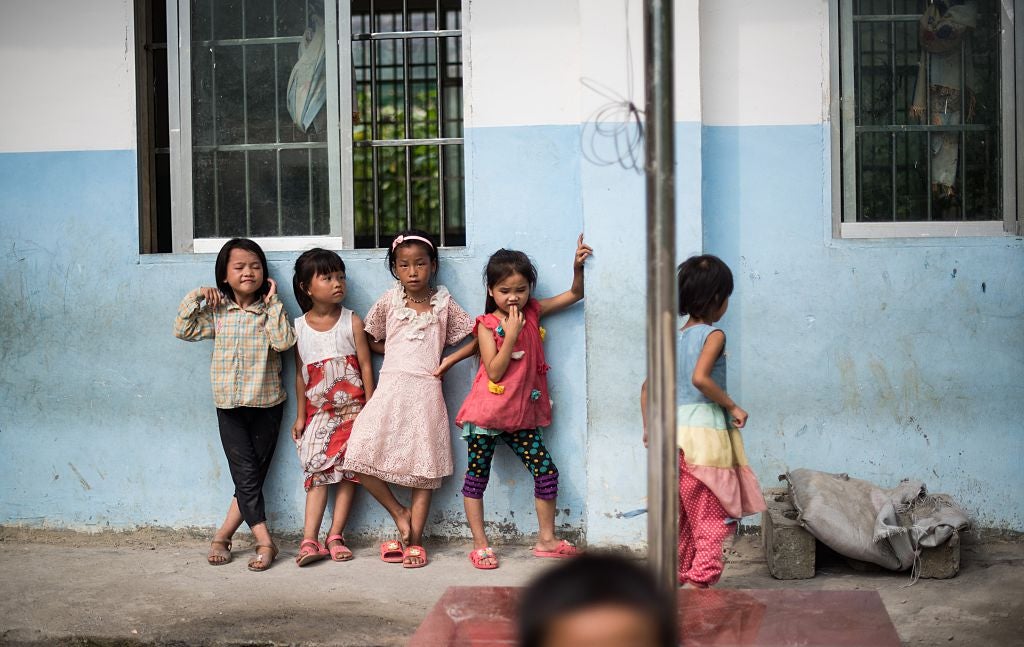
An old custom, where people with many children could donate one to childless relatives, gave convenient cover to the industry, while rising incomes gave it financial fuel.
Infant boys are at a premium, says Anqi Shen, an expert at Teesside University, and can now fetch more than 120,000 yuan (£14,028) in China’s richer eastern provinces.
Ying’s story, although traumatic, is extremely rare in having a happy ending.
She was taken to the home of a woman who trafficked in children, where she was kept along with half a dozen other children, she said. “I was beaten and half-starved,” she recalled, dredging up painful memories.
Once, at the age of 7, she escaped and ran to the police, who, she said, simply dismissed her as a “mischievous” girl. It was a huge blow to her morale, destroying her trust in the authorities and leaving her feeling lost and alone.
Finally, she was sold to a family who ran a honey and beekeeping store hundreds of miles away in a neighbouring province and who couldn’t have children of their own. “I had no bond with them, no attachment,” she said. “I always wanted to leave.”
Her parents, meanwhile, were trapped in their own nightmare.
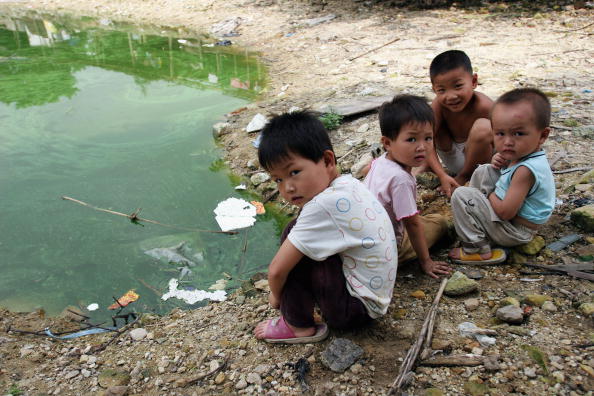
Her mother, Jin Lunju, turned up at the school at 12.10pm, minutes after her daughter had vanished. She assumed she had gone to a friend’s house – exactly the same thing had happened only a few days before. The mother went home, but her worries wouldn’t go away.
By 2pm, she had phoned her husband. Cheng Zhu, a decorator, left work early and went straight to his daughter’s school. When she didn’t emerge, his world collapsed.
At the time, his business was going well. He was renovating the family home and planning to buy another. As a rural peasant whose first child was a girl, he had been given permission to have a second child, and the family was to celebrate his second daughter’s 100th day – China’s equivalent of a christening party – that day.
“Everything in my life was becoming good and normal,” he said. “Then my oldest child went missing. There are no words to describe that.”
In unbearable pain, he went to the police, who said they couldn’t register a case until 24 hours had passed. Even then, they weren’t interested – two stations passing the buck to each other, unwilling to take on a case that would likely remain unsolved.
So, in rising panic, he began searching the neighbourhood, going door-to-door and bus stop to bus stop, enlisting more than 70 relatives and friends to join the hunt. There was no trace of his little girl anywhere.
It was the start of a decade-long odyssey.
Zhu combed China by car and train, giving up his job, racking up hundreds of thousands of miles and spreading his daughter’s name and photograph by poster and word of mouth, through the media and the internet.
He was detained by police and chased out of towns, harried by fraudsters trying to cash in on his misfortune, but still he kept going.
The Ministry of Public Security says that academics exaggerate the scale of the problem, but it declined to comment for this article. In 2014, it said it rescued 4,000 children, but a campaign that ran from 2009 to 2012 brought in more than 35,000 and busted 9,000 trafficking gangs, state media reported.
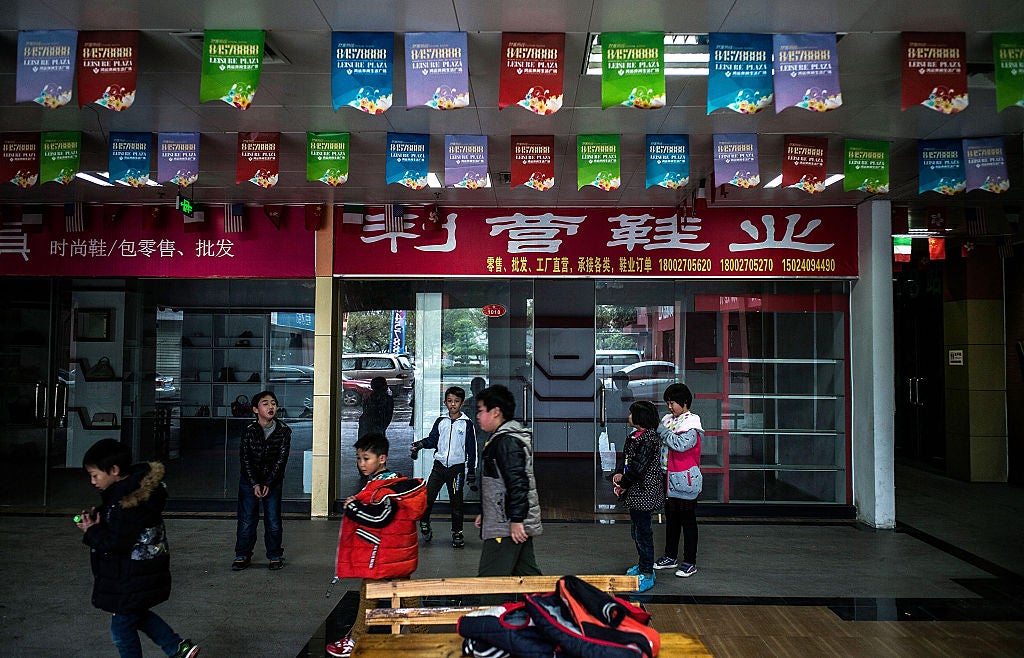
In the US, by contrast, according to the FBI, about 465,000 children were reported missing in 2016. But one Justice Department study found that just 115 in an average year are “stranger abduction” cases, in which the child was taken by an unknown person.
Definitions vary from country to country, and a large number of “missing” children around the world are involved in custody fights between parents. But China appears unusual in facing child abduction and trafficking on such a massive scale. Indeed, in June, the Department of State said China was “not making significant efforts” to prevent human trafficking generally, downgrading it to the ranks of the worst offenders in the world along with places like North Korea, Iran and Syria.
In his journey around China, Zhu was sometimes joined by Wu Xinghu, whose 1-year-old son was snatched from the family bed the night of 19 December 2008.
“It was a day just like any other,” he said. “I came home from work, Jiacheng raised his hands – he wanted to cuddle with me. He was too young to talk, but I remember his every gesture and expression.”
Hours later, he was gone.
Like Zhu, Wu met official resistance everywhere he turned and his social media accounts were closed down. To the authorities, he was a nuisance, a threat to “social stability,” a man who gathered other families together to search and complain. “Local police will never register cases until they are solved,” he said. “Cases of missing children need to be covered up,” he said, or they will reflect badly on the performance of the police.
So, as often happens in China, the victim of injustice became a suspect, a threat to the state if he or she dares to protest that injustice.
The police are also complicit in covering up for families who buy children, he says, often giving them fabricated registration papers. After all, no one appears in a Chinese village without the police knowing straight away.
Yet attitudes are gradually changing.
Since its inception in 2007, a website called Baobeihuijia (Baby Come Home) has registered 36,741 sets of parents who have lost children and 30,370 children searching for their parents. It says it has helped 1,963 families reunite.
The central government has begun building a DNA database to help match parents and children, and it launched a web-based emergency alert system.
And, in an echo of the case of Etan Patz, who was six years old when he vanished in New York in 1979 and whose face subsequently adorned milk cartons, activists have put the faces of missing children on hundreds of thousands of bottles of mineral water.
Wu knows his son was too young when he was abducted to remember his real family. Now aged nine, he almost certainly has no idea he was even stolen.
But Zhu’s daughter Ying kept the memory of her parents alive throughout her ordeal.
At the age of 15, she was given a smartphone for the first time. Her first move, she says, was to go online and search for her family.
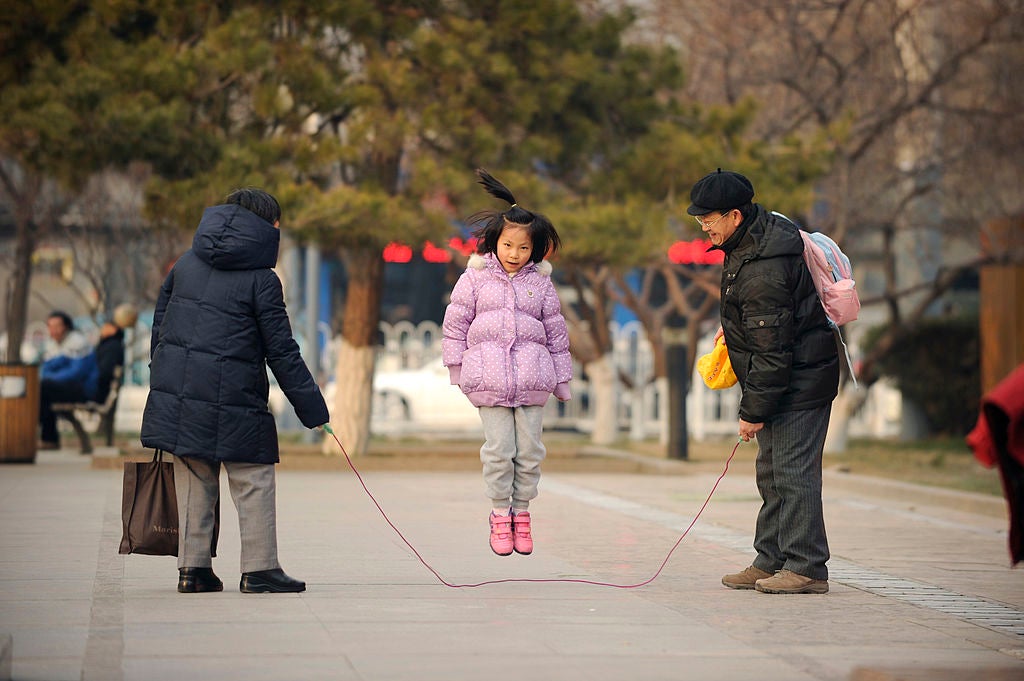
The only thing she could remember was one word: “Dabaiyang.”
She went to an online forum and asked if anyone knew: “Is Dabaiyang a village or a street?”
In a matter of minutes, she had an answer – it was a suburb of Xi’an – and she was chatting online with a woman, who, incredibly, had heard of her case and knew where to find Zhu’s contact details. His relentless effort to publicise his daughter’s story had finally paid off.
Within hours, they were in contact with each other.
Ying was sure it was her real father, but Zhu was more cautious – he had chased too many false leads and been the victim of too many hoaxes to let his hopes rise. How could he know for sure if this teenager was his daughter? They kept chatting. He was looking for some tell-tale remark, something to hang on to, evidence one way or another.
“Dad?” she asked on the third day. “Do you remember that scar on my wrist?”
The scar. And then he knew. Ying had cut herself as a 2-year-old, but Zhu had never mentioned the scar to anyone outside the family. This was Ying, the child he had spent a decade seeking. And in 10 days, she would be back home in Xi’an. She would be struggling to get her bearings in her new, old family; she would be awkwardly getting to know both her sisters – because her parents had had another child after she was lost – and would be re-adjusting to being back at school full time.
Two years later, the bond between father and daughter is strong, and Ying is thinking about her next step in life.
“I want to go to a university close to home,” she said. “I don’t want to be far away from my family anymore.”
© Washington Post
Join our commenting forum
Join thought-provoking conversations, follow other Independent readers and see their replies
Comments